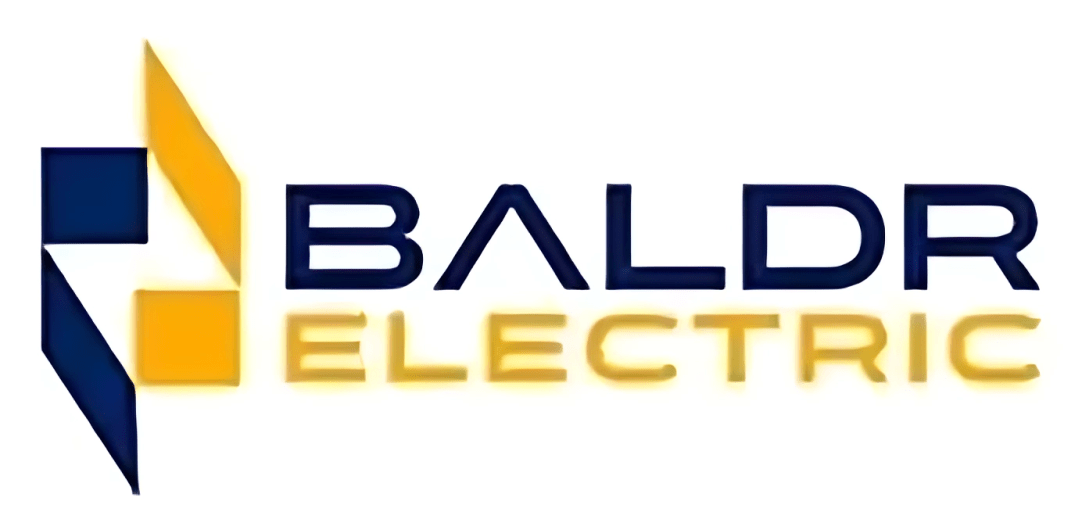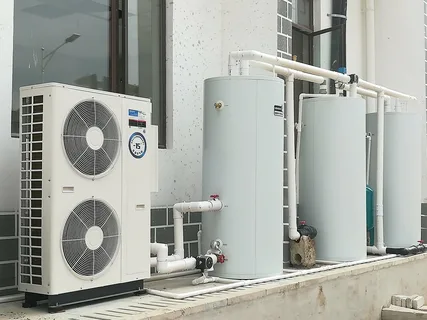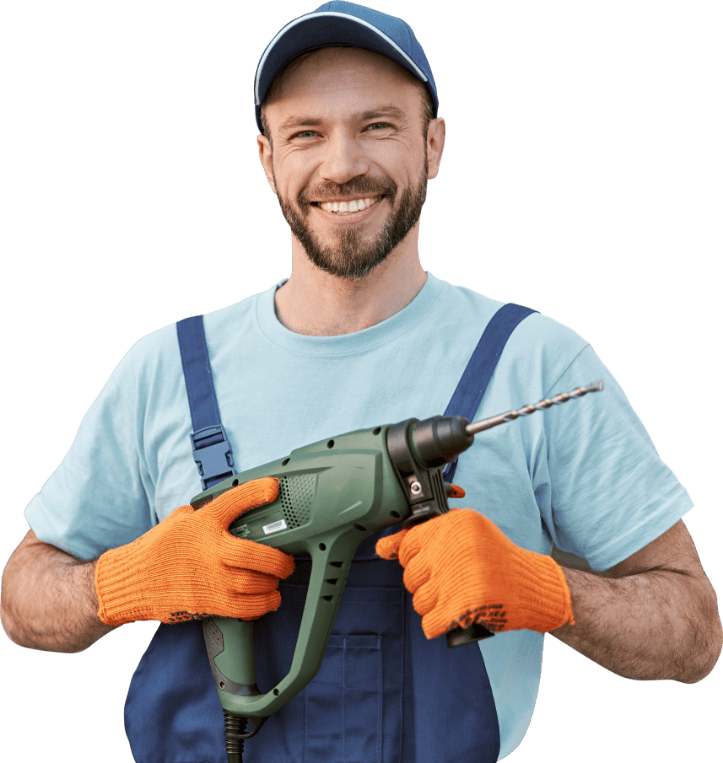Your heat pump may be leaking water inside due to common issues like clogged condensate drain lines, frozen evaporator coils, a dirty air filter, or a damaged drain pan. Improper installation or a malfunctioning defrost system can also be the cause of leakage. Many water leaking issues can be rectified at home, and regular maintenance can help prevent heat pump leaks. Manufacturing defects or wear and tear with usage over time can lead to heat pump refrigerant leaks, requiring immediate professional attention. You can prevent leaks and other damage by scheduling yearly heating unit inspections.
Could Your Heat Pump Water Leak Inside the House Indicate a Bigger Problem?
Are you alarmed at noticing puddles of water near the indoor heat pump unit? A home-based heat pump water leak is a concerning issue, signaling immediate potential issues like increased energy costs due to inefficient operations, potential health issues from mold growth, and costly repairs if the issue is not addressed quickly. Even a small leak can cause water to seep into your floors and walls, leading to expensive structural damage over time. Regular maintenance and scheduling yearly inspections can boost the performance of your unit, providing year-round comfort, energy efficiency, lower operating costs, and improved IAQ.
Heat pump leakage troubles? Here’s how to diagnose and fix them effectively!
- Clogged Condensate Drain Lines
Clogged condensate drain lines could be due to debris, dirt, or algae, causing water to back up in the drain pan and overflow. This can lead to mold growth and property damage. You can clear the clog using a wet/dry vacuum or plumber’s snake. You can also prevent future clogs by pouring a cup of distilled white vinegar down the drain line every few months.
- Frozen Evaporator Coils
Restricted airflow due to a refrigerant leak or a clogged air filter can cause the evaporator to freeze. When the ice melts, it can cause the heat pump to leak water. Regularly change your air filters and monitor your refrigerant levels to prevent future issues.
| Did you know? A 2022 study involving 4000 California home units revealed that only 38% had optimal refrigerant levels. |
- Damaged or Rusted Dry Pan
Positioned beneath the evaporator coil, the dry pan collects water during the condensation process. Wear and tear over time can result in cracks or rust, causing it to fail to contain water anymore. A professional repair service is necessary to replace the damaged pan. With regular maintenance, you can prolong the life of your heat pump and drypan.
- Dirty Air Filter
A dirty air filter restricts air flow, which can lead to coil freezing and prevent proper condensation.
A clogged air filter can cause the evaporator coils of the heat pump to run inefficiently, freezing and then thawing out. This drastic change in temperatures leads to your unit producing an excessive amount of moisture. Regularly clean your filters using a mild detergent solution with warm water. If they’re cracked, replace them immediately to maintain the efficiency of your unit.
- Improper Installation
A heat pump that is not installed level or has a poorly sloped drain line can lead to water pooling and leaking. Shoddy installation work and poorly connected pipes result in water leaks, poor efficiency, and increased energy consumption over time. Hire a professional technician to inspect the unit and correct the installation, ensuring it is level and the drain pipehas a proper slope.
- Malfunctioning Defrost System
A malfunction in the heat pump’s defrost system can lead to excessive defrosting. It is essential to get your unit inspected yearly to ensure proper functioning and maintain the defrost system.
| Did you know? Implementing advanced fault detection and diagnostics techniques (FDD) in building heat pump systems can potentially reduce energy consumption by 10 to 40% and decrease overall building energy usage by up to 30%. |
Conclusion
Water leaks from your heat pump could be due to several factors, such as dirty air filters, clogged condensate drain lines, frozen evaporator coils, or a damaged or rusted dry pan. Many leak issues can be rectified at home by inspecting the unit’s drainage system. Water leaks from your heat pump can cause performance issues and can be a symptom of deeper underlying issues. Regular maintenance and yearly professional inspections ensure optimal performance of your unit.
FAQs
What is the most common problem with heat pumps?
The most common heat pump problem is the unit not heating or cooling effectively. This could be due to dirty air filters, low refrigerant levels, or issues with the thermostat.
What is the average lifespan of a heat pump?
Depending on a wide variety of factors, the average lifespan of a heat pump is between 10 to 15 years. A ductless mini-split heat pump can last 10 to 30 years, depending on the same variables.
How often do heat pumps need to be serviced?
You should have a professional technician service your heat pump at least once a year.


